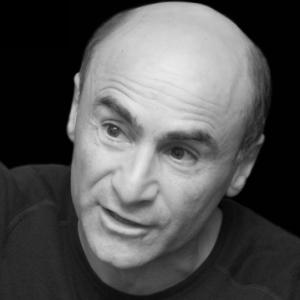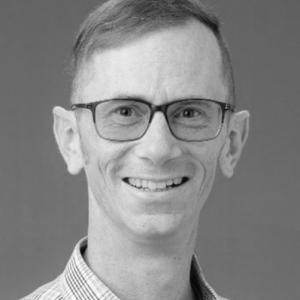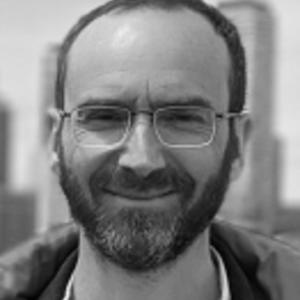Previous Webinar
CACHE: a prospective hit-finding competition to accelerate computational drug design
February 24, 2022, 10:00 am EDT / 4:00 pm CEST
Watch WebinarProgram
Host and moderator: Aled Edwards (SGC)
|
20 min
|
Ruben Abagyan (UC San Diego)
Max Totrov (MolSoft, LLC)
|
Computational benchmarking at CASP, CAPRI and D3R: participants’ perspective
|
|
15 min
|
David Mobley (University of California, Irvine)
|
Computational benchmarking: lessons learned from SAMPL
|
|
15 min
|
Alexander Hillisch (Bayer AG, Pharmaceuticals)
Matthieu Schapira (SGC, University of Toronto)
|
CACHE: a prospective hit-finding competition to accelerate computational drug design
|
|
10 min
|
Matthieu Schapira
|
Q&A
|
BIO SKETCHES

Aled Edwards (SGC)
Aled Edwards is the founding and current CEO of the Structural Genomics Consortium (SGC), a professor at the University of Toronto and an adjunct professor at McGill University. The SGC has been sharing its science freely since 2003 and is widely acknowledged as a pioneer in open science.

Ruben Abagyan (UC San Diego)
Ruben Abagyan got his PhD in biophysics from the Moscow State University and his tenure in biochemistry and mathematics from New York University and the Courant Institute of Mathematics. He was a scientist at EMBL, Heidelberg, a founder of Molsoft, a Director of Computational Sciences at the Novartis Institute for Functional Genomics, and a Professor at the Scripps Research Institute in La Jolla before joining the Skaggs School of Pharmacy and Pharmaceutical Sciences at UCSD. His lab develops and applies methods for molecular modeling, structure based discovery and optimization of drug candidates, target identification, large scale bio- and chemo-informatics.

David Mobley (University of California, Irvine)
David Mobley is Professor in Pharmaceutical Sciences and Chemistry at UC Irvine where his work focuses on developing, testing, and applying computational tools to help guide pharmaceutical drug discovery including binding predictions of small-molecule ligands to proteins. He has a graduate degree in Physics from UC Davis and did his postdoctoral work with Ken Dill at UCSF working on free energy techniques based on molecular simulations. David is also one of the organizers of SAMPL (Statistical Assessment of the Modeling of Proteins and Ligands) which is a set of community-wide blind challenges aimed to advance computational techniques as standard predictive tools in rational drug design.

Alexander Hillisch (Bayer AG, Pharmaceuticals)
Alexander Hillisch is Vice President, Head of Computational Molecular Design, at Bayer AG Pharmaceuticals in Wuppertal where his team supports early drug discovery efforts with computational chemistry, chemoinformatics, in silico ADMET, machine learning and structural bioinformatics techniques. He holds a doctorate in biochemistry from the University of Vienna and was appointed honorary professor by the University of Cologne in 2010. He has extensive experience in applying and developing digital technologies such as structure-based drug design, QSAR, machine learning, in silico ADMET, artificial intelligence, virtual screening, structural bioinformatics and holistic drug design approaches.

Matthieu Schapira (SGC, University of Toronto)
Matthieu Schapira is Associate Professor at the Department of Pharmacology and Toxicology at the University of Toronto and Head of Research Informatics at the Structural Genomics Consortium. He has a degree in chemistry and biochemistry, research experience in protein crystallography, structural bioinformatics, computational chemistry as well as structure-based drug design. His current research focuses on developing computational and molecular tools to explore the druggable genome. Matthieu is also one of the organizers of CACHE (Critical Assessment of Computational Hit-finding Experiments).